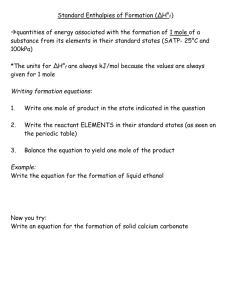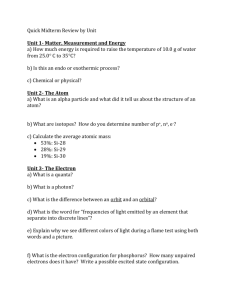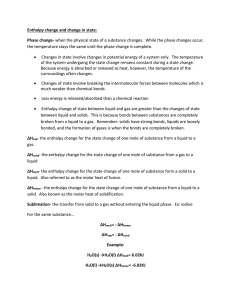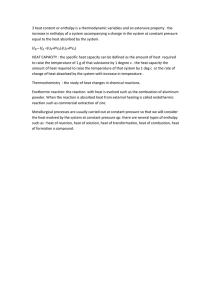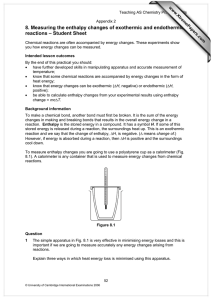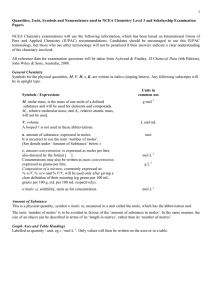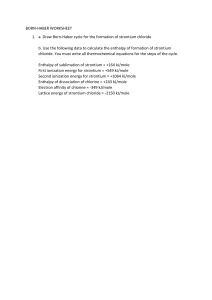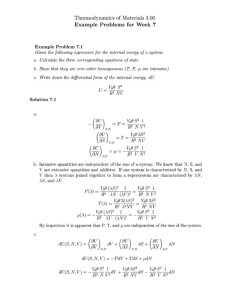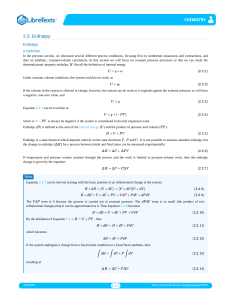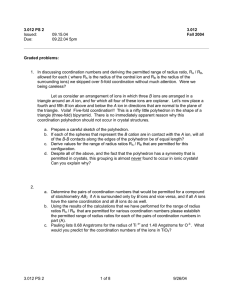Types of Enthalpy: Heat of Reaction, Formation, Combustion
advertisement
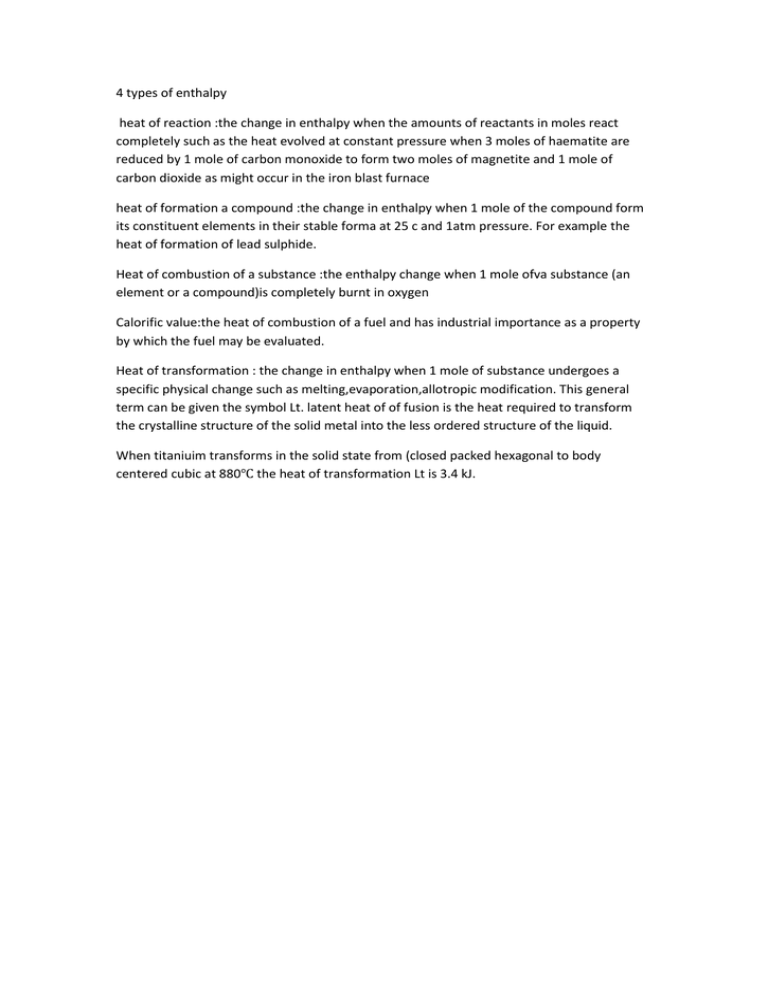
4 types of enthalpy heat of reaction :the change in enthalpy when the amounts of reactants in moles react completely such as the heat evolved at constant pressure when 3 moles of haematite are reduced by 1 mole of carbon monoxide to form two moles of magnetite and 1 mole of carbon dioxide as might occur in the iron blast furnace heat of formation a compound :the change in enthalpy when 1 mole of the compound form its constituent elements in their stable forma at 25 c and 1atm pressure. For example the heat of formation of lead sulphide. Heat of combustion of a substance :the enthalpy change when 1 mole ofva substance (an element or a compound)is completely burnt in oxygen Calorific value:the heat of combustion of a fuel and has industrial importance as a property by which the fuel may be evaluated. Heat of transformation : the change in enthalpy when 1 mole of substance undergoes a specific physical change such as melting,evaporation,allotropic modification. This general term can be given the symbol Lt. latent heat of of fusion is the heat required to transform the crystalline structure of the solid metal into the less ordered structure of the liquid. When titaniuim transforms in the solid state from (closed packed hexagonal to body centered cubic at 880 the heat of transformation Lt is 3.4 kJ.
